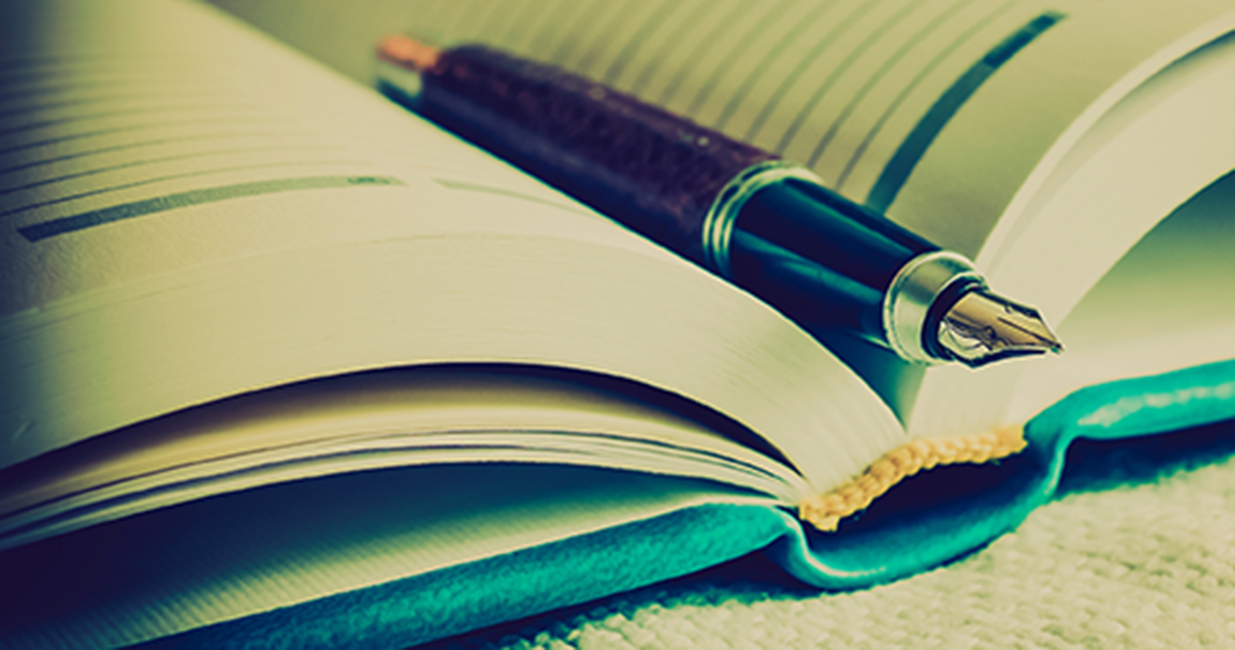
The COVID Diaries: DCM originator 5
The following interview is with an Australia-based debt capital markets originator. It was conducted on 8 April 2020
We are now into the second month of home working. Is cabin fever starting to set in? Do you think we can continue doing business in this fashion for three to six months?
Whether we can sustain working from home will be interesting. I have seen headlines saying a few banks want to go back to working from offices soon and eventually we will start seeing pressure from employers to get back to business as usual.
However, I wonder whether we have realised that working from home is a viable option for many. Many of these flexible work practices have been talked about before and now we have been forced to do them they may be incorporated into day-to-day lives more readily.
Prior to this, working from home was something most employees had to negotiate to some degree. Does the fact that people are working from home and clearly doing their best in a difficult operating environment make you think workplaces will become more accepting of flexible working arrangements?
This could make us more individually productive, once we learn how to work from home effectively. At present, this is hard, given whole family units at home, so there are more distractions.
I think the real trade-off with working from home is around group productivity. This is so much harder to achieve when you are physically distant. At the moment, it feels as if working from home is great for maintaining a business but much harder for growing one.
Has your view of the crisis and the nature of the challenges it presents changed? It seems Australia has prioritised public health over the economy, at least in the medium term. How are you thinking about that trade-off?
Now, most of the headlines seem to focus on how we go to the next stage, which is moving away from hibernation. The debate feels more constructive, although far from clear in terms of an answer.
We have had the benefit of seeing what governments have done, what has worked, what has not and what needs to be finessed. Hopefully, we’ve recognised that the way we tackle this issue in Australia will inevitably be different to other countries. We have our own idiosyncrasies.
“What really matters to us? What do we really need to live a good life? This may sound a bit existentialist, but I would hazard to say that, for many people, what mattered 12 months ago will matter less going forward.”
Are you more or less optimistic about the crisis than you were during the early acceleration period of moving to home working and adding social distancing measures?
How do you think things will be different when we get back to normal? What changes can you see to work practices, social changes and the economy?
There’s no playbook here and governments have had to make many decisions with limited information, balancing so many different competing interests. Not everything will work and healthy debate is important but, first and foremost, adaptability is what we all need to give to this situation, collectively.
I also think the role of the economy is better understood by many. It has taken this crisis for my economically uninterested teenagers to finally understand the trade-offs inherent in the system. They have seen first-hand how it can all fall apart and how businesses, individuals and governments have to adapt when things are not going according to plan. They have also understood the interconnectedness of the overall system and how it will take a collective effort to overcome this crisis. I am sure they are not alone in this.
On a more personal level, I feel that humans seek connection and we are all desperately looking forward to connecting again, physically, over a coffee, in close proximity to others. I can’t wait – but I recognise this will be a very personal question for each of us, so going back to ‘normal’ will feel strange for some time.
Finally, this situation has given us plenty of time alone with our thoughts and actions. What really matters to us? What do we really need to live a good life? This may sound a bit existentialist, but I would hazard to say that for many people, what mattered 12 months ago will matter less going forward.
What is the latest article you have read on COVID-19 and what did you like about it? Can you provide a link?
And I have gone back to reading a lot of fiction. I have restarted “Love in the Time of Cholera” by Gabriel Garcia Marquez. For some reason, it just felt like the right book to read at this time.
KangaNews is your source for the latest on the COVID-19 pandemic’s impact on Australasian debt capital markets. For complete coverage, click here.

